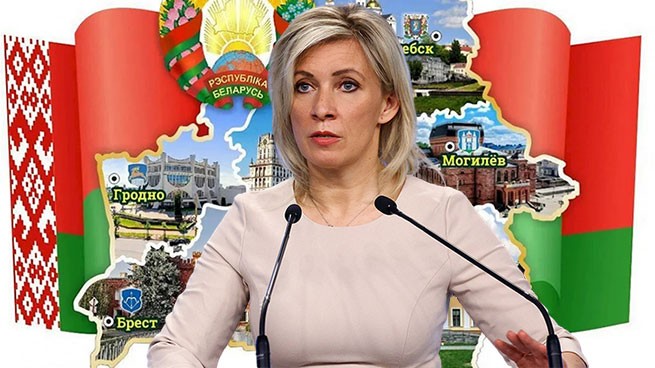East and West have different opinions de-dollarizationThe article discusses financial strategies and views on change world monetary system.
BRICS and the Dollar: An Analysis from Eastern and Western Perspectives
The future of the global monetary system and the role of the dollar are the subject of heated debate among economists and analysts on both sides of the globe. With the growing influence of BRICS and expansion of its composition East and West have different views on the prospects de-dollarization and changes in the global economic structure. In addition, both blocs are actively involved in information wars, seeking to control the flow of information through sanctions and political pressure on the media.
The point of view of Eastern experts
Asian sources such as “Asia Times” and “China Daily” emphasize the inevitability of gradual de-dollarization. Key economic indicators of the BRICS countries point to a rapid increase in their share of the global economy. By 2028, the countries are projected to BRICS will produce 33.65% of global GDP, surpassing the G7 countries' share, which will fall to 27.77%. This underlines the countries' aspirations BRICS reduce dependence on the dollar, especially in bilateral trade. For example, China and Russia are already actively using their national currencies for settlements, which has become possible thanks to platforms such as mBridge.
China, being the largest participant BRICSis also actively developing blockchain technologies for international settlements. The system mBridge provides the ability to transact billions of dollars by bypassing traditional dollar routes, reducing reliance on SWIFT.
The West's View on De-Dollarization
Western analysts such as experts “Eurasia Review” and “Lowy Institute”, relate to the process de-dollarization with considerable skepticism. They point out that the dollar is still the world's leading currency, accounting for more than 59% of global foreign exchange reserves and about 80% of international trade. The West also highlights the difficulties of creating a single currency for countries BRICS. China and India, although part of BRICShave different economic interests, making it difficult to coordinate them. The yuan, although gaining weight in regional trade, remains inconvertible at the global level, making it difficult to use as a global reserve currency.
Sanctions and the dollar system
The dollar remains a powerful lever of influence for the West, especially in the context of sanctions. The United States and the European Union actively use sanctions against countries seeking to exit the dollar system, such as Russia, Iran, Venezuela, etc. These measures force countries under sanctions to seek alternative ways. Russia, for example, is actively working to reduce its dependence on the dollar, developing ruble trade with a number of countries and accumulating gold as an alternative to dollar reserves. Iran, in turn, is also seeking to increase trade in national currencies with partners in Asia and is considering the use of cryptocurrencies to circumvent sanctions. Sanctions also stimulate countries BRICS to the development of their own financial mechanisms, such as the use of gold as reserves and the creation of central bank digital currencies.
Thus, sanctions based on the dollar system serve not only as economic pressure, but also as a strategic tool to protect the interests of Western countries, while simultaneously stimulating the search for alternative financial mechanisms by countries subject to sanctions.
Information Wars: Control of the Media
Control over the media plays an important role in the global struggle for influence. Russia and China actively block foreign media on their territory. For example, Russia applies the law on “foreign agents”to restrict the activities of media that receive funding from abroad, and China uses a system Great Firewall of China to block foreign media such as BBC and The New York Times.
In the West, the situation is developing in its own way. The USA and EU actively blocking Russian channels such as “RT” and “Sputnik”accusing them of spreading propaganda. In 2022, after the war in Ukraine began, the EU imposed sanctions on these media outlets, banning them from broadcasting on the territory of the union. The US also put pressure on India to stop broadcasting. “RT”, but India refused to comply with these demands.
Thus, the struggle for economic and informational influence between East and West continues on two fronts. Countries BRICS are trying to reduce their dependence on the dollar by developing their own financial systems, while the West continues to use the dollar and sanctions as a tool of global influence. In the information sphere, both sides use different methods of control over the media, from sanctions to blocking, creating tension in international relations.







More Stories
Naples: Children knock statue off balcony, kill tourist passing below
Democrats reject Trump's proposal to require voters to show proof of US citizenship
Woman's Desperate Fight With Python Ends With 4-Meter Snake Defeated (Video)